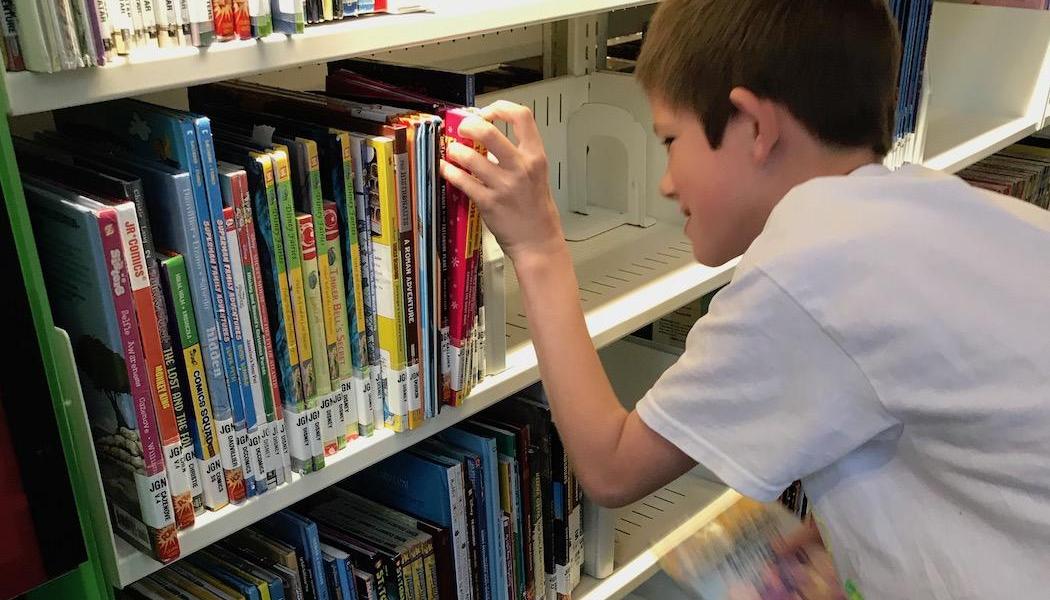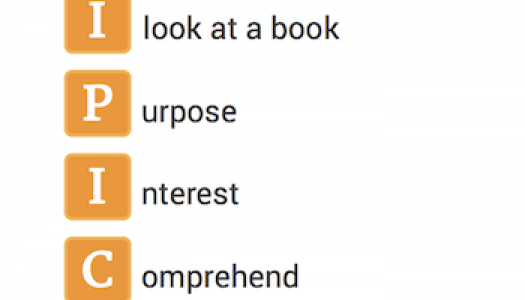Let Them Choose

Join Our Community
Access this resource now. Get up to three resources every month for free.
Choose from thousands of articles, lessons, guides, videos, and printables.
I am going to be blatantly honest with you. It hurts my heart when someone doesn’t love a book the same way I did.
When a first-grade teacher said she didn’t love The Night Fairy, I had to refrain from staring with open-mouthed, gaping wonder (though she admitted it might have been because she read it to herself instead of aloud to her kids). When a second-grade teacher told me she didn’t love The Miraculous Journey of Edward Tulane, I audibly gasped in stunned indignation.
Then both times, I pulled myself back to center and remembered how important it is that we make room for wildly different preferences among our friends/coworkers and our students.
I don’t love graphic novels, science fiction, or fantasy, but I work with students who do. Many teachers don’t like silly books, but they can be just as important as serious ones. In an NPR interview, Jarrett J. Krosoczka said this:
I made a name for myself writing these silly Lunch Lady books and now also the Jedi Academy books, and there are lots of people who come up to me to say, “You know what? THESE books really helped save my kid because they needed an escape.”
Book choice is so important and so valuable, it should be a deeply held value for us all.
Mindi Rench has written about five benefits of letting students choose their own books.
- They will take risks.
- They will read more.
- They become better writers.
- They enjoy reading.
- They become empowered.
I recently chatted with Mindi, who taught seventh grade for 18 years, was a literacy coach for four, and just finished her third year with third graders. I asked her to share more about what she’s learned about the power of choice. Here is her response:
I noticed that when I gave kids choices in what they read, not only did they read more, but they also wanted to talk more about what they were reading. That verbal processing led to deeper comprehension, and it also led to better whole-class discussions. As they practiced with me (and more importantly each other), the way they talked about the books changed. It went from talking about the plot of the books to getting at deeper themes and character analysis, especially with the YA books in seventh grade, but also at a developmentally appropriate level in third. This opportunity to talk to each other also led to better writing about reading, which makes sense when you think about what we know about the importance of oral rehearsal.
Check out this Animoto, where her former seventh graders finish the sentence When you let me choose my books . . . (My favorite is the young man who begins by saying choice fills him with a sense of exuberance.)
Choice makes room for everyone to discover books they love. Let’s make this a year of choice.







